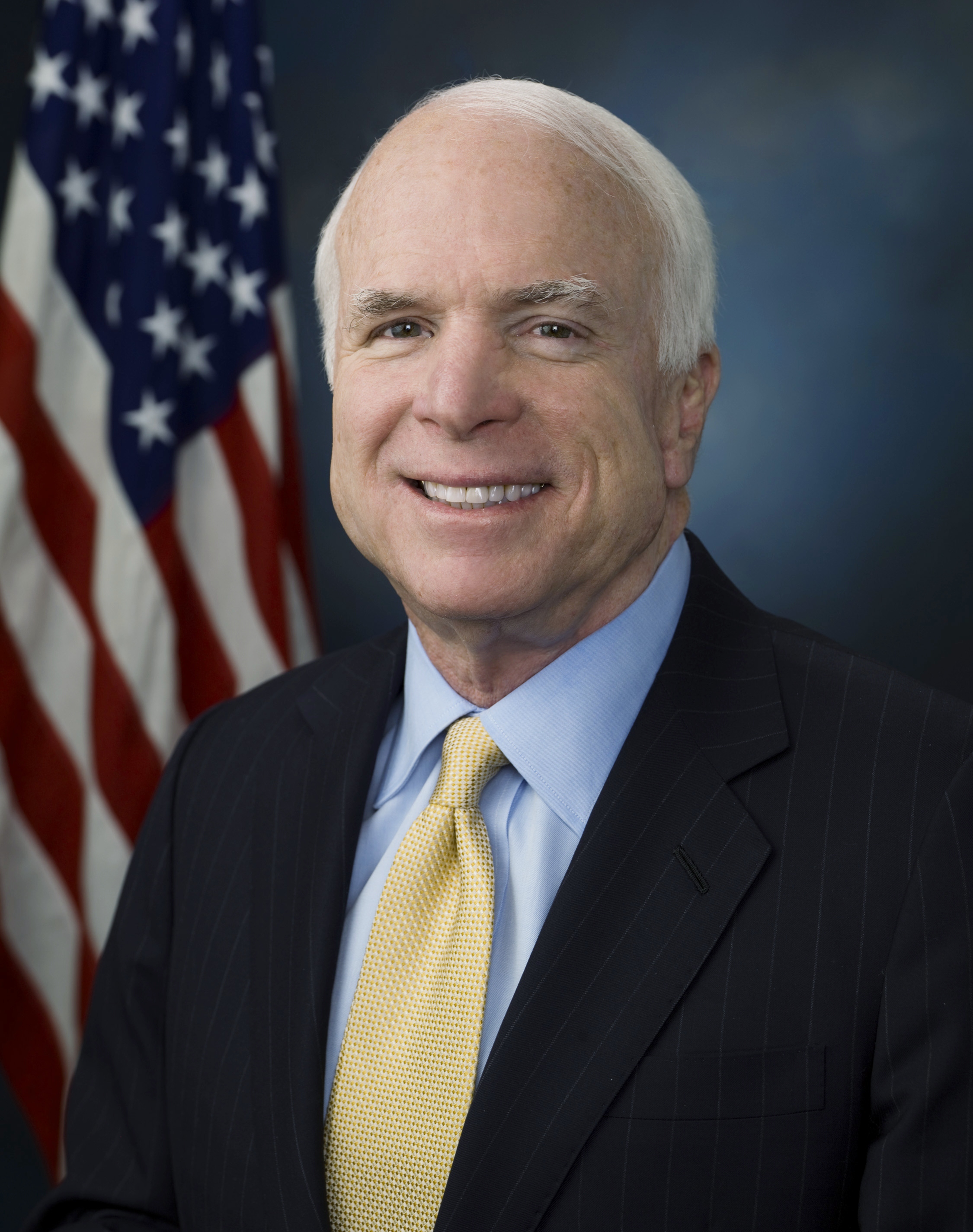Anyone who knows anything about online poker knows that PokerStars is the leader in the global market. Statistics show the operator attracts more than 14,000 players at any given time. Aside from the fact that it offers an arguably superior software platform and other features, the ability to draw so much action is attributed to the fact that PokerStars is available in so many regions where internet gaming is largely (and legally) accepted.
Just imagine for a moment if PokerStars were available in America. Not just the state’s where online poker has been authorized (Delaware, Nevada and New Jersey), but all 50 states. Prior to Black Friday, that was the case, and PokerStars was averaging closer to 90,000 players at that time. And that was just PokerStars. Thousands of Americans were visiting other offshore poker sites as well.
Why does this matter? Because that information gives us a gauge to judge by when considering how many Americans could and would play online poker, if given the legal option and a compelling environment to do so. The number would easily soar towards, if not into, the 6-figure range.
 But right now, online poker operators in those three states are struggling to draw traffic to the virtual tables. Gary Loveman, former CEO and current Chairman of Caesars Entertainment (the parent of Caesars Interactive, which operates WSOP.com in Nevada and New Jersey), believes the ring-fenced nature of online poker in America has everything to do with it.
But right now, online poker operators in those three states are struggling to draw traffic to the virtual tables. Gary Loveman, former CEO and current Chairman of Caesars Entertainment (the parent of Caesars Interactive, which operates WSOP.com in Nevada and New Jersey), believes the ring-fenced nature of online poker in America has everything to do with it.
New Jersey has a few hundred players on board, while Nevada and Delaware share networks that attract less than 200 players. All told, there is an average of less than 1,000 online poker players visiting authorized poker sites in the US.
In a recent interview with Las Vegas National Public Radio station KNPR, Loveman shared his view of the internet poker market in America. He is certain that, once other states jump on board the regulatory band-wagon, the market will expand immensely. As for why the growth of current markets has stalled, Loveman offered his opinion on that matter as well.
“I think it stalled in part because we don’t have a sufficient population of people from other states playing to make the offering as compelling as it needs to be. This is one of the great frustrations of the years I’ve been in this industry,” explained Loveman. “That something that is so intellectually straightforward has been so difficult to execute. The idea that Americans cannot legally play poker online… strikes me as almost crazy.”
Loveman thinks the regulation of online poker in other states will eventually take off at a rapid rate, but not until something seemingly unrelated occurs—when the NFL decides sports betting should be permitted.
Historically, American professional and amateur sporting leagues have opposed sports betting, but Adam Silver of the NBA altered his stance late last year. “And once the NFL moves to the point where they in fact favor this,” said Loveman, “I think you will see a federal action that legalizes sports betting, somehow defined at the federal level and virtually every state will participate.”
With sports betting being a predominantly online activity these days, Loveman said, “Once that Rubicon has been crossed, I think poker will very naturally fall in because it has an awful lot of similarities to fantasy sports.”

 The House Committee on Crime, Terrorism, Homeland Security and Investigations was supposed to gather at 9:30am tomorrow to debate the feasibility of the Restoration of America’s Wire Act (aka RAWA). The bill, introduced by Rep. Chaffetz one month ago today and heavily petitioned by the billionaire backing of Las Vegas Sands Corp CEO Sheldon Adelson, seeks to enforce a blanket ban of any and all forms of internet gambling in the United States.
The House Committee on Crime, Terrorism, Homeland Security and Investigations was supposed to gather at 9:30am tomorrow to debate the feasibility of the Restoration of America’s Wire Act (aka RAWA). The bill, introduced by Rep. Chaffetz one month ago today and heavily petitioned by the billionaire backing of Las Vegas Sands Corp CEO Sheldon Adelson, seeks to enforce a blanket ban of any and all forms of internet gambling in the United States.
